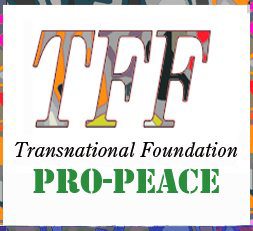TFF PressInfo 417: The future of EU-US relations – The Debate
The Debate with Jim Walsh, MIT and Jan Oberg, TFF
Lund, Sweden – May 30, 2017
Last night “The Debate” on PressTV was devoted to the future of European-US relations in the wake of the NATO Summit, President Trump’s words and omissions and the – historic – words, in particular, of Chancellor Angela Merkel immediately after.
